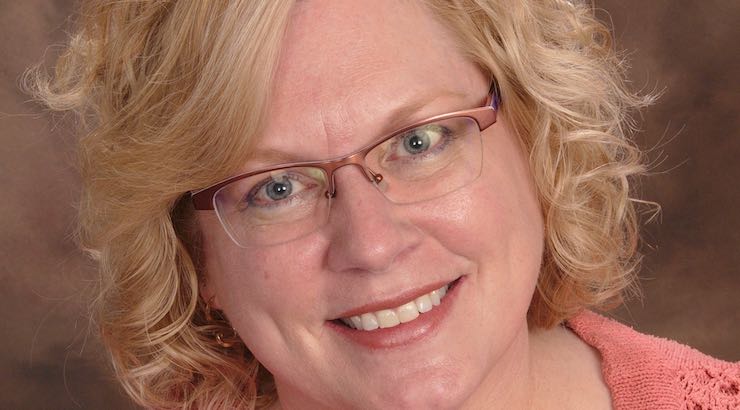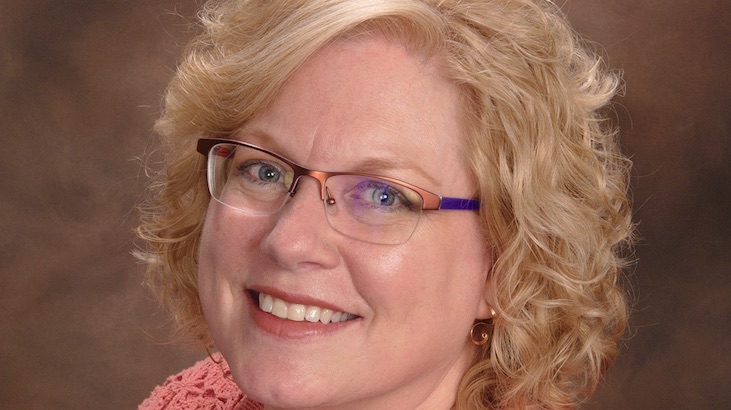Hype, Hypocrisy, and Harm on America’s Youth Soccer Fields
Volunteers in youth soccer work long hours to build up America’s youth soccer clubs but sometimes conflicts can happen. What happens when these volunteers, who are also soccer parents, play out of position?
In the world of youth soccer, spring is a time when power and corruption, which lurks underneath the surface, can be a cause of the annual shuffling of coaches, parents, and players around the tryout season.
This is often the unintended consequences of good intentions gone wrong

Here is a story to explain what I am referring to.
Once upon a time……
A young player was on a team coached by the club’s Director of Coaching (DoC). She was the daughter of the club president, and he had dreams of her success. She had many interests and wasn’t sure that soccer was her favorite thing, but she knew playing soccer was important to her father. Her father liked being a leader in the club.
The DoC had worked hard to grow the club, recruit coaches, and build a quality program. He had a five-year strategic plan for growing and improving the club. The DoC had very little administrative help, initially just a part-time bookkeeper and later, a part-time registrar and field scheduler. And as usual, his coaches just wanted to coach.
One day, the player had a really bad day at training. The bad day turned into a bad week. The little girl was not playing well, she was acting up and disrupting practice, and the consequences were the private discipline of the player, including reduced playing time for the game on the upcoming weekend.
The coach handled the situation the same way he handled it with any other player of the team, and the same way he, as the club DoC, asked his coaches to handle situations like this on their teams.
The situation escalated.
The father was furious at the treatment of his daughter. He told the coach how discipline should be handled on the team. When the coach held the line, the father started talking to other parents.
Except this was different.
The father was the club president and when he started asking others in the club for examples of the DoC’s poor performance, he was both the parent and a boss.
Somehow it was different when it was his daughter being treated in the same way he and the DoC had discussed. In his mind, there were extenuating circumstances.
Drama and speculation spread across the club the way rumors do – like wildfire. The board quickly became divided, some supporting the president’s “right” to advocate for his daughter and others believing he was seeking preferential treatment. But the unintended consequence was that coaching staff morale began to erode, and this started to impact the club.
The conflict exploded.
When the DoC remained consistent
In this story, the DoC position was immediately offered to another coach at the board meeting who accepted it on the spot.
One of the parents in the club who respected the fired Doc was an employment attorney who offered to help, citing that there might have been violations of state employment law. Within a few months, the president was driven off the board.
The bottom line: Three-quarters of the senior club staff were gone within a year and many of the players had left the club. A club that was on a strong and positive trajectory went from concentrating on growing the game to life support all due to a culture that enabled the mixing of roles and power between board members and parents and bad human resources practices.

The Analysis
Every year, variations of this story occur all across our nation.
In my more than 30 years’ experience working in youth sports, organizational drama and off-the-field conflict are a major cause of coaching turnover in clubs and of coaches leaving the profession. Coaching turnover influences player and administrative turnover, including recruiting volunteers. This places incredible stress on clubs.
What do these stories have in common?
- They rarely, if ever, include someone talking to the player about the situation, and
- Adults are consistently playing “out of position” in terms of their roles within a club.
Why do these situations happen?
Alice Aspen March, of The Attention Factor in New York City, believes that when children “act up” it is an indication that they are in pain or discomfort. Further, Seth Taylor and Patrick Ianni, the creators of ON FRAME: Exploring the Depths of Parenting in the World of Youth Soccer, assert that what children need most from their parents and other adults is a sense of safety and value.
Is it surprising that when our children are feeling unsafe or not valued that they would be uncomfortable and “act up” in order to gain our attention?
When we as coaches and parents do not take the time to talk and listen to our players, we do not see the underlying issues behind their
We do not have to relive this story like a perpetual Groundhog Day movie!
Lisa Cole, an acclaimed coaching education and leadership expert, provided key insights in her presentation for the 2019 GO! Chase Excellence Think Tank to Improve Youth Sports. Her session focused on a whole-club approach to building a culture that provides guidance for decision making and setting expectations at the club, team, and individual level. This is critical for laying the groundwork to prevent more heartbreaking stories like that of the young player, the DoC coach, and the meddling parent board member.
In my experience, codes of conduct are ineffective unless the club culture holds everyone to those standards.
If codes of conduct are not respected, the pay-to-play structure and individuals who control club finances have the overwhelming advantage in a power imbalance in which the control of spending and hiring authority enables coercion and bullying of coaches in the service of personal agendas.
Read: RUTH NICHOLSON – Youth Soccer Clubs Seven Deadly Sins
What Can Be Done?
Implement these things in your club:
- TALK TO YOUR PLAYER
. When someone has a concern with a player, talk to the player directly. Start by asking “How are you feeling?” Listen to their answer. We as adults can forget the significant issues in a young person’s life like a big school exam, a first crush or first date, or the desire to fit in and not be an “outsider”. Sometimes the issue isn’t about soccer at all. As the conversation progresses, ask other open-ended questions like “How are you feeling about soccer?” and “What do you wish would happen?”The more we listen, the more we will understand the situation and be able to help identify ways to support and help our children on and off the field. - TRAIN YOUR BOARD OF DIRECTORS. One of the top 5 mistakes youth soccer clubs make is not holding an annual orientation for their boards of directors. It is imperative that training for board members include clarification of board roles and how those differ from other roles in the club, including that of a parent.
- DEVELOP A HUMAN RESOURCES PROGRAM FOR YOUR COACHES. Clarify expectations through the development of written employment agreements and clear lines of supervision for coaches. The supervisor for a team coach should never be an individual board member whose child plays on that coach’s team.
- CREATE A COMMUNICATION AND ISSUE RESOLUTION PROTOCOL FOR YOUR CLUB. One of the most valuable communication resources a club can develop is a clear process for how to address issues when they arise. It can be used in parent meetings, club handbooks, team formation meetings, board orientations, and coach and staff training. The purpose is to outline how to constructively raise an issue for resolution at the lowest level possible in the organization. Issues should only be brought to the board of directors after all other channels for resolution have been exhausted.
Read: YOUTH SOCCER CLUBS: SOCCER PARENTS CAN BE YOUR STRONGEST ALLIES
Nicholson is also the co-creator of the 2019 GO! Chase Excellence Think Tank to Improve Youth Sports which engaged nearly 200 people from two dozen sports. The online event offered more than 80 solution-focused sessions and 61 speakers from five continents. An internationally-certified professional facilitator, mediator, and organizational alchemist, Ruth was a national finalist for the 2018 Hudl Innovator of the Year award for youth soccer. She specializes in helping clubs design board processes and club operations to provide more effective support to coaches, teams, and players.

Ruth Nicholson is the founder of GO!, a resource and training platform offering youth sports organizations proven governance, leadership, and administrative tools. Since its launch in mid-2017, Ruth has fielded inquiries and worked with coaches, clubs, state associations, and leagues in 19 North American states and provinces, as well as others in Europe, South America, Australia, and Africa.





